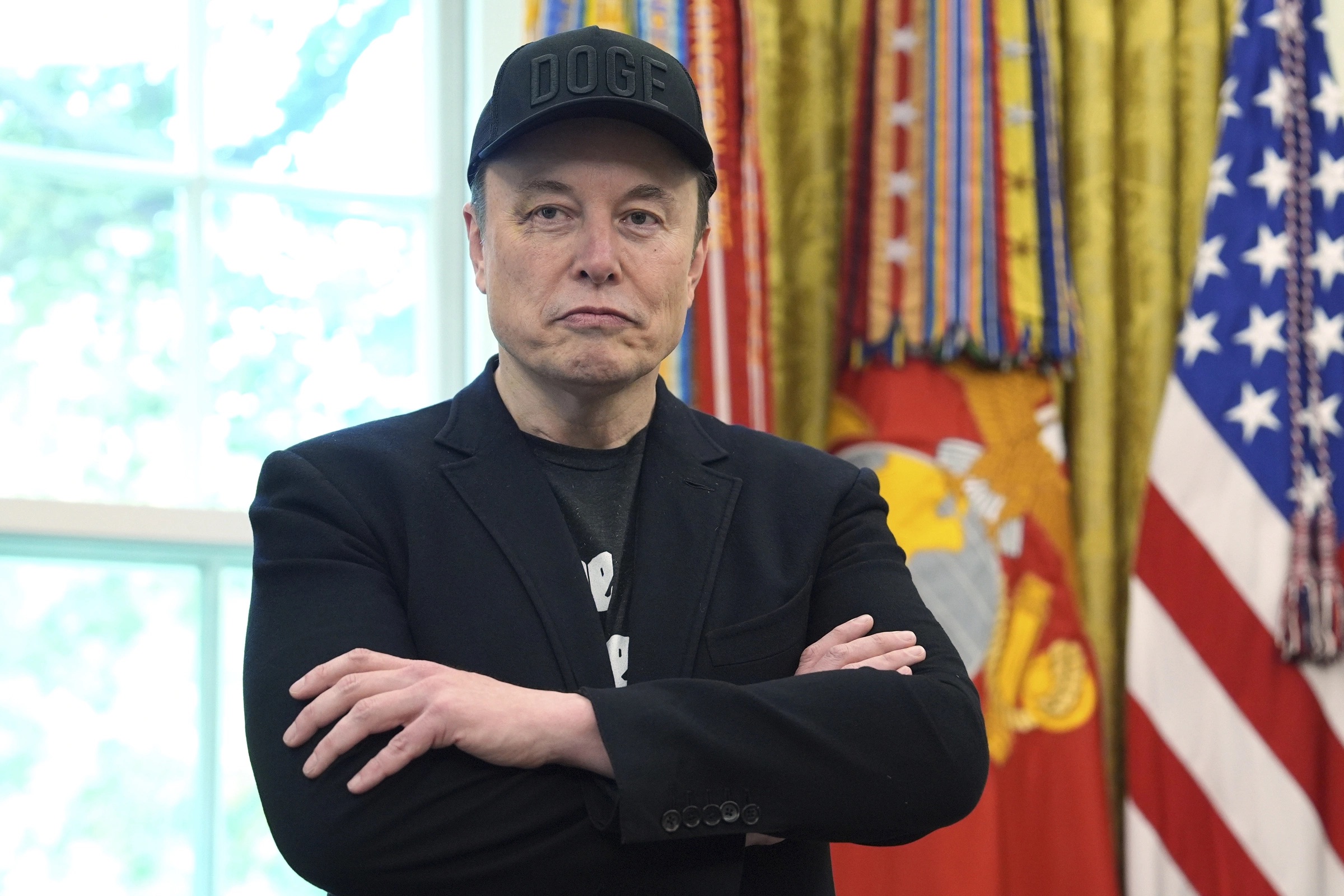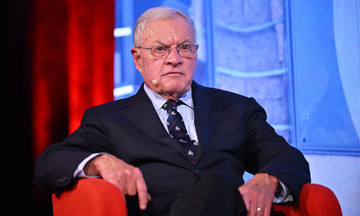"You wanted a new political party and you’re going to get one. The Party of America is launched today to give you back your freedom," Musk announced on X (formerly Twitter) on 5/7.
The announcement followed a poll Musk conducted on X the previous day, asking users if they wanted "independence from the two-party system" that has dominated US politics for two centuries. The poll received over 1.2 million responses.
In his post announcing the party's formation, Musk said two-thirds of respondents supported the idea of a new party.
It remains unclear how Musk's new party will impact the 2026 midterm elections and the 2028 presidential election.
 |
Elon Musk in the Oval Office at the White House in May. Photo: AP |
Elon Musk in the Oval Office at the White House in May. Photo: AP
Musk, the world's richest person, is a major political donor to Donald Trump's 2024 presidential campaign. He previously led efforts to cut federal spending and personnel as head of the Government Performance Board (DOGE).
However, Musk has also disagreed with Trump on spending plans, specifically the "Wonderful Act," and has stated he will do everything possible to defeat legislators who voted for it.
Musk has criticized both the Democratic and Republican parties for the rising government budget deficit under their leadership. He has expressed his desire to build a fiscally conservative party focused on controlling spending, but has offered few other details about the party's platform.
While Musk is constitutionally ineligible to run for president due to being born in South Africa, the formation of his new party could potentially draw voters away from the Republican party.
On 4/7, Musk outlined a potential political strategy to win vulnerable seats in the House of Representatives and the Senate, aiming to become a "swing vote" on key legislation. "One way to do this is to focus on 2 or 3 Senate seats and 8-10 House seats," he stated.
All 435 House seats are up for reelection every two years, while roughly one-third of the 100 Senate seats, which have six-year terms, are contested every two years.
Some have pointed to historical examples of third-party campaigns splitting the vote, such as businessman Ross Perot's independent presidential run in 1992, which contributed to George H.W. Bush's reelection defeat and Bill Clinton's victory.
"Musk is just going down the Ross Perot route. I don’t like it one bit," one user commented on X.
Huyen Le (According to AFP, Reuters)












